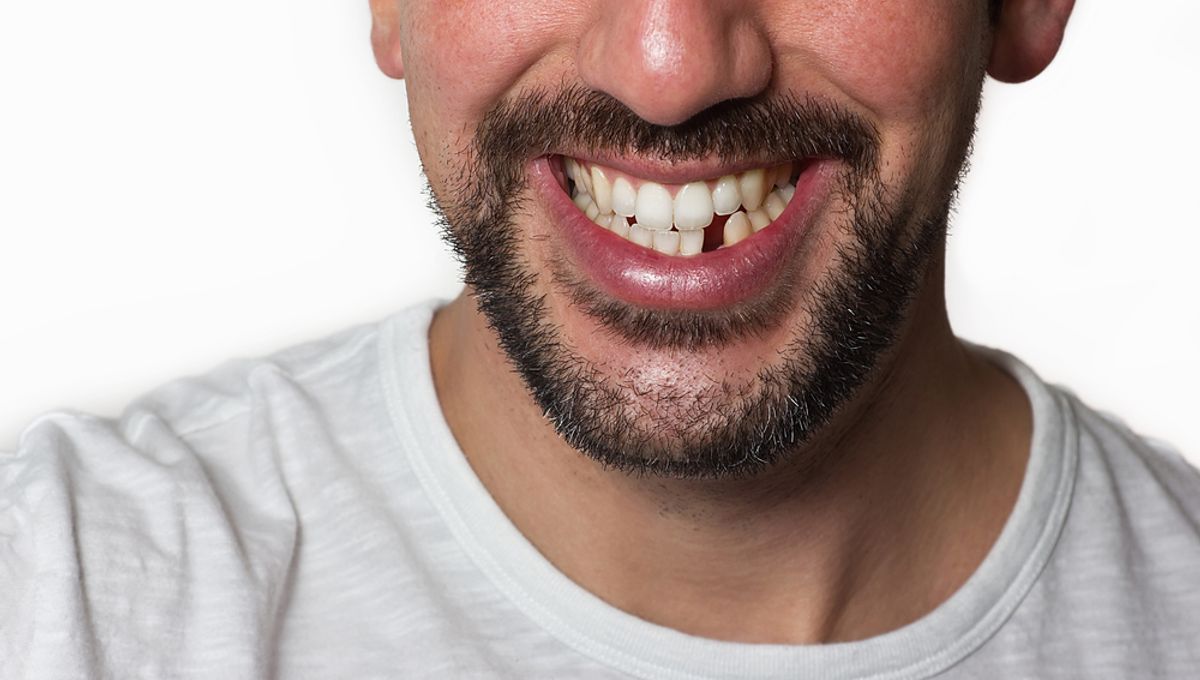
Can we regrow lost teeth? You might believe that it’s impossible and that the only options for missing or chipped teeth are caps or filler, but advances in stem cell research may someday have something to say about that.
There are currently various avenues being explored by scientists to regrow teeth, including dental stem cell implants and monoclonal antibodies. Neither are quite yet ready for walk-in appointments, but they are rapidly advancing and could be available relatively soon, should they prove successful in human trials.
Stem cell dental implants are exactly what the name suggests – stem cells are taken from a healthy-toothed donor and implanted into someone with a missing or damaged tooth, in the hopes that they can rebuild it. This has been demonstrated in rabbits and humans, but only as proof of safety and never to grow a full tooth.
Scientists from Harvard managed to use a high-powered laser to activate stem cells in mouse models to stimulate teeth into regenerating faster in 2014, while researchers from Colombia University sped up the process in 2010 by building a three-dimensional scaffold and developing the stem cells around it. In doing so, their team managed to regrow a whole tooth in an animal model in around 9 weeks.
There are quite a few downsides to this approach, though. All stem cell treatments suffer at the hands of incompatibility, in which a close match needs to be made from the donor to the recipient to ensure the host immune system doesn’t reject the “foreign” cells. It also hasn’t been demonstrated on humans just yet, and while the dentin that scientists grew on the animal models is extremely similar to human teeth, it isn’t exactly the same.
Another team has taken a different approach and used antibodies to do the same thing. In 2021, a group of scientists from Kyoto University looked at the developmental genes involved in tooth growth and how these can be modified to grow teeth in adults.
They targeted USAG-1, a gene that leads to too many teeth growing when there is too little of it expressed. By inhibiting this gene, the team managed to stimulate mice into growing new teeth, which they believe could translate to inducing humans to grow a whole new set of pearly whites. They also managed to use their inhibiting antibody in pregnant mice to solve a condition that prevents normal tooth growth.
So, could this be coming to a dentist near you soon? Probably not. Current research is exclusively in animals and human trials are yet to go ahead for tooth regrowth, though stem cells are being used in different aspects of dental health with success. They have been used in pulp repair, lesions, and bone defects, and research has shown that stem cells in this application could be safe, though far more data will be needed.
Any new therapy would need to go through the arduous but important process of safety and efficacy trials, which take many years. It’s unlikely, then, that we’ll be regrowing teeth within this decade – but the technology looks to be extremely promising.
For now, though, it’s back to caps and filler.
Source Link: Can Scientists Regrow Teeth Yet?